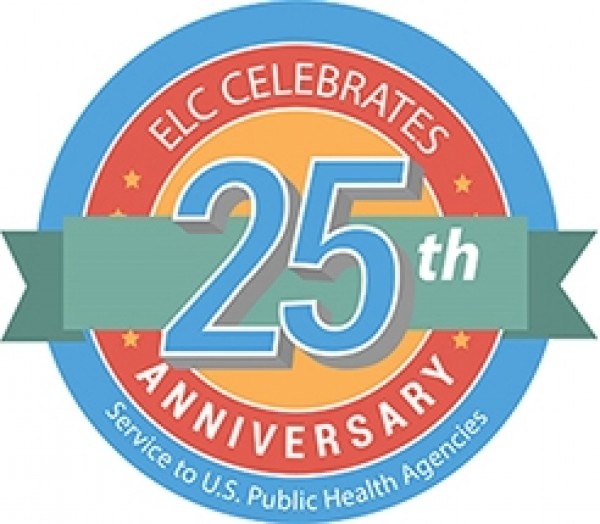On April 23, HHS announced that CDC is awarding $631 million from the Coronavirus Aid, Relief, and Economic Security (CARES) Act of 2020 to support state and local COVID-19 response efforts. CDC is administering these funds to the 64 current recipients (50 states, 6 large cities, and 8 territories) of the Epidemiology and Laboratory Capacity for Prevention and Control of Emerging Infectious Diseases (ELC) cooperative agreement.
The resources are intended to help rapidly establish and monitor key activities related to COVID-19 in the areas of epidemiology, laboratory, and informatics that will allow state, local, and territorial governments to make data-driven policy decisions about the most appropriate level of community mitigation efforts necessary to reopen their communities while still protecting the public’s health.
Examples of activities include:
- Establish or enhance ability to aggressively identify cases, conduct contact tracing and follow up, as well as implement recommended containment measures
- Improve morbidity and mortality surveillance
- Enhance laboratory testing and reporting capacity
- Prevent and control COVID-19 in healthcare settings and protect other vulnerable or high-risk populations
- Monitor and mitigate COVID-19 introductions from connected jurisdictions (i.e., neighboring cities, states; including air travel)
- Work with healthcare system to manage and monitor system capacity
- Improve understanding of jurisdictional communities with respect to COVID-19 risk
Budgets and workplans are due from the ELC grant recipient to CDC on Tuesday, May 26. If your local health department is not funded directly by ELC, please reach out to your state health department’s ELC program contact and communicate your agency’s and jurisdiction’s needs. If you have any questions, please e-mail [email protected].
Funding details are available here (scroll to the right of the table for ELC CARES funds). General information about the ELC cooperative agreement is available here.



